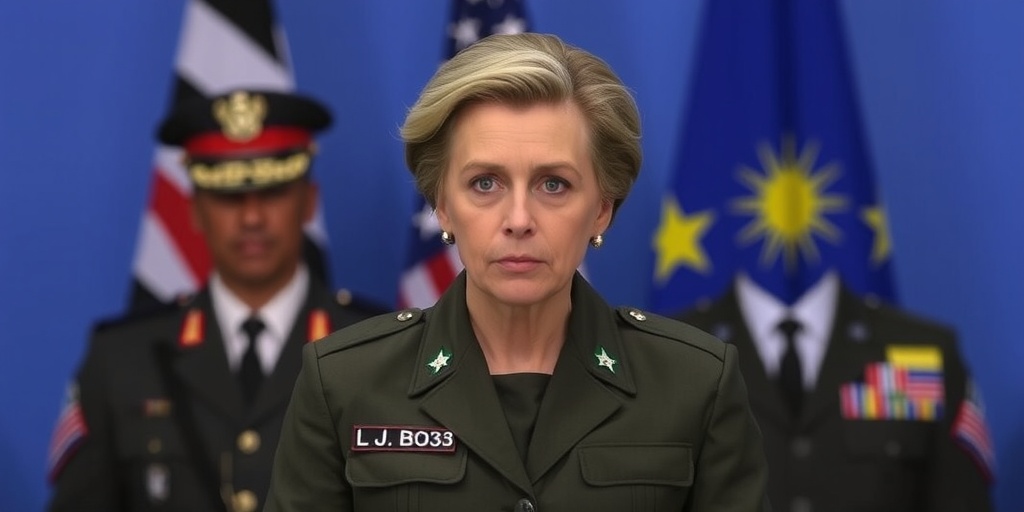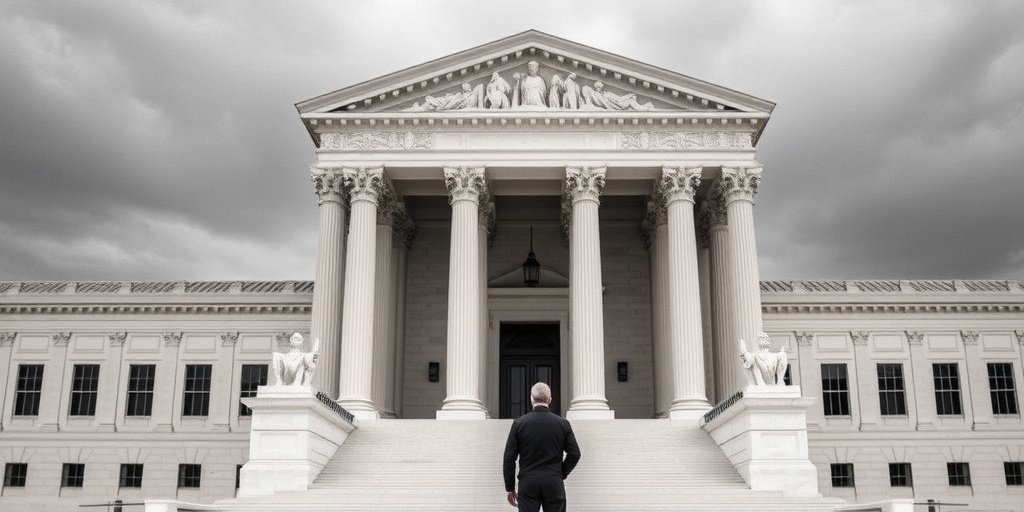Now Reading: How NYC Mayor Eric Adams Courted Donald Trump
-
01
How NYC Mayor Eric Adams Courted Donald Trump
How NYC Mayor Eric Adams Courted Donald Trump
Eric Adams and Donald Trump’s Political Connection: A New Era of Alliance
Donald J. Trump’s electoral victory in 2024 sent shockwaves through New York’s Democratic establishment, but one prominent figure saw it as a golden opportunity: Eric Adams, the mayor of New York City. Facing criminal charges and political isolation, Adams engaged in a strategic charm offensive toward Trump, building a rapport that would ultimately prove advantageous for both men.
In the lead-up to Trump’s inauguration, Adams began reaching out to the newly elected president, extending congratulations and discussing matters relevant to the city. His outreach included multiple phone calls with Trump, as well as a significant meeting at a luxury Manhattan hotel with Stephen K. Bannon, one of Trump’s closest allies. Additionally, Adams made contact with Eric Trump, the president’s second son, who oversees the family’s business interests.
The depth of this charm offensive was illuminated through interviews with various individuals familiar with the outreach efforts, who spoke on the condition of anonymity due to the sensitive nature of the communications. This culminated in an in-person meeting between Adams and Trump in Florida just days before the inauguration. While Adams did not explicitly address his legal issues during the meeting, sources suggest that Trump expressed sympathy for the mayor’s plight, hinting at a Justice Department that was being “weaponized” under President Joseph R. Biden Jr.
Adams defended his actions, stating that his rapport with Trump was an attempt to foster collaboration for the benefit of New Yorkers. A city spokeswoman emphasized that Adams’ approach to Trump was consistent with his political practice of seeking common ground, regardless of party affiliations. “Mayor Adams wants to work with the new president, not war with him,” she asserted, dismissing allegations that the relationship was clouded by Adams’s legal challenges.
However, the need for a connection between the two became evident soon after their meeting. Adams’ legal team formally requested the Trump administration to dismiss the corruption case against him. Less than a month later, the Justice Department instructed federal prosecutors in Manhattan to seek a dismissal of the indictment, arguing that it impeded Adams’s cooperation with immigration enforcement. The department’s analysis also suggested that the prosecution would negatively impact the upcoming mayoral election, leaving open the possibility of reintroducing charges after November.
This unexpected dismissal raised eyebrows and led to resignations within the Justice Department, highlighting the growing entanglement of politics and legal proceedings in contemporary American governance. It showcased a troubling trend wherein political favors and legal defense intersect, prompting concerns over the integrity of the justice system.
Experts noted that Adams’s approach represents a playbook for navigating the current political landscape: cultivate a personal connection with Trump, flatter him, and support his agenda whenever possible. For Adams, this strategy appeared to pay off. While he potentially secured immunity from legal repercussions, Trump gained a political ally in City Hall who might bolster his controversial immigration policies.
Notably, the mayor’s advocacy for business ties with the Trump Organization created a complex nexus of interests. The organization, which has properties in New York and is currently bidding on a contract to operate a Central Park skating rink, benefitted from Adams’s overtures. Though Adams’s office insisted that he had not influenced the city’s evaluation of the Trump Organization’s business bids, the perception of conflict of interest remains palpable.
Opposition figures have scrutinized the nature of Adams’s interactions with Trump. The mayor, who once disparaged Trump as a “complete embarrassment to our nation,” strove to foster a working relationship with the former president. Adams’s growing alignment with Trump on issues like immigration underscored a deepening compatibility as both men sought to position themselves against the establishment’s judicial framework.
Despite Trump’s previous legal troubles, which included being the first former president to be convicted of a crime, Adams also made history as the first New York City mayor to be indicted. Trump’s recent criminal conviction related to his business dealings coincided with Adams’s legal challenges, drawing a parallel narrative of two leaders once adversarial becoming aligned against a perceived common enemy.
Adams’s outreach to Trump’s inner circle further illustrated his strategic pivot. After the indictment was handed down, Adams reached out to Bannon, looking for avenues of support in a moment when he felt cornered by the legal system. Moreover, the mayor’s contact with Eric Trump demonstrated a broader strategy of engagement that shifted dramatically from the previous administration’s adversarial stance towards the Trump Organization.
Ultimately, Eric Adams’s political journey after Trump’s election signals a calculated maneuvering centered around survival and decisive alliances. As Adams tries to navigate the murky waters of his legal troubles with the Trump administration’s aid, questions loom about the implications for governance and accountability in an era where the lines between politics and law can appear increasingly blurred.
Stay Informed With the Latest & Most Important News
Previous Post
Next Post
-
 01New technology breakthrough has everyone talking right now
01New technology breakthrough has everyone talking right now -
 02Unbelievable life hack everyone needs to try today
02Unbelievable life hack everyone needs to try today -
 03Fascinating discovery found buried deep beneath the ocean
03Fascinating discovery found buried deep beneath the ocean -
 04Man invents genius device that solves everyday problems
04Man invents genius device that solves everyday problems -
 05Shocking discovery that changes what we know forever
05Shocking discovery that changes what we know forever -
 06Internet goes wild over celebrity’s unexpected fashion choice
06Internet goes wild over celebrity’s unexpected fashion choice -
 07Rare animal sighting stuns scientists and wildlife lovers
07Rare animal sighting stuns scientists and wildlife lovers



















